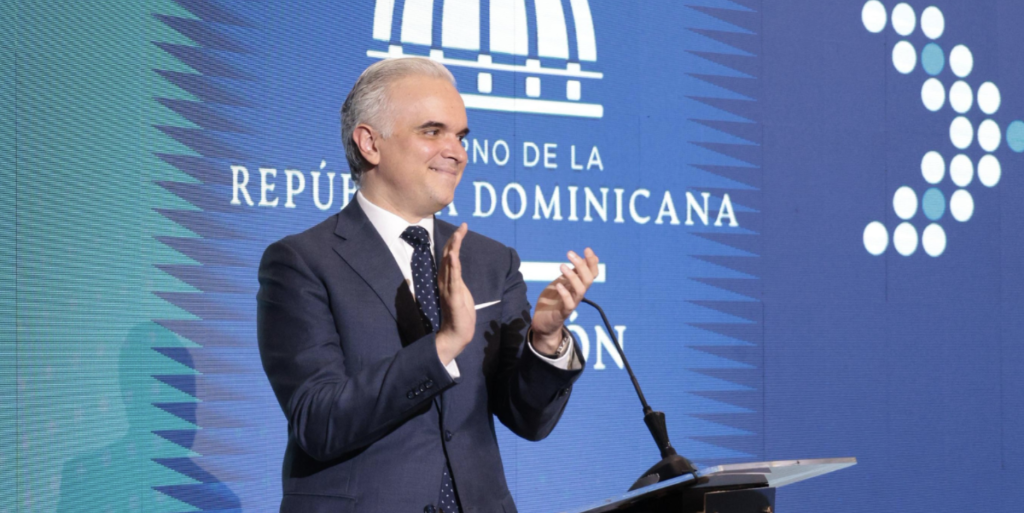
Minister of Education Luis Miguel de Camps has unveiled a comprehensive plan for the 2025-2026 school year and beyond. His vision centers on a management model that prioritizes students, teachers, families, civil society, and public servants. De Camps emphasized that improving the education system requires the active participation of all sectors.
De Camps took over the position for the start of the second term of President Luis Abinader. In Abinader’s first term, De Camps served as minister of labor.
De Camps presented the Ministry of Education’s “Roadmap 2025–2028” that aims to transform the pre-university system with a strong focus on core skills. The National Initial Literacy Plan seeks to ensure that 70% of third-grade students achieve mastery in reading and mathematics. To support this, there will be a renewed emphasis on teacher evaluation and continuous professional development programs. The Ministry has already launched a platform for over 6,000 teachers to self-nominate for available positions in the upcoming school year.
De Camps is committed to enhancing students’ future prospects through education. By 2028, the goal is to have at least 140,000 students enrolled in technical-professional training programs. Additionally, there’s a significant push for bilingualism, with a target of training 400,000 young people in English as a second language.
The Ministry is striving for total coverage in early childhood education for children under five. Strategies will be implemented to combat school dropout and adolescent pregnancy, along with a dedicated school retention program. Educational opportunities for youth and adults outside the traditional system will also be expanded.
Starting in the 2025-2026 academic year, the curriculum will see the return of Moral and Civic Education, along with a reinforced patriotic focus. The aim is to foster active citizenship through student leadership programs and the promotion of constitutional rights and duties.
The key priorities in the road map are:
- Infrastructure upgrades to modernize schools.
- Digital inclusion through expanded access to technology and internet.
- Teacher training to improve pedagogical skills and curriculum implementation.
- Curriculum updates emphasizing STEM, critical thinking, and 21st-century skills.
- Access to higher education via partnerships with universities and scholarship programs.
The Ministry is introducing several new initiatives to support students and streamline operations:
• Digital birth certificates in schools: A pilot program with the Central Electoral Board (JCE) will allow for digital birth certificates to be obtained directly in schools, simplifying a crucial process for many families.
• Intelligent control center for school transportation: This new center will monitor school transport, providing early alerts in cases such as children being left behind, enhancing student safety.
• Menstrual hygiene pilot program: To address a key barrier to attendance, a pilot program will provide menstrual hygiene products to girls in vulnerable areas, ensuring they don’t miss classes due to lack of basic necessities.
To address infrastructure needs, under the “Plan 24/7,” approximately 1,100 new classrooms are scheduled for delivery between June and mid-August, with 284 already completed. This effort aims to alleviate the current deficit of around 7,000 classrooms.
Read more in Spanish:
Ministry of Education
Diario Libre
Ministry of Education
El Dia
Hoy
11 June 2025

